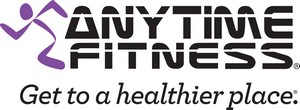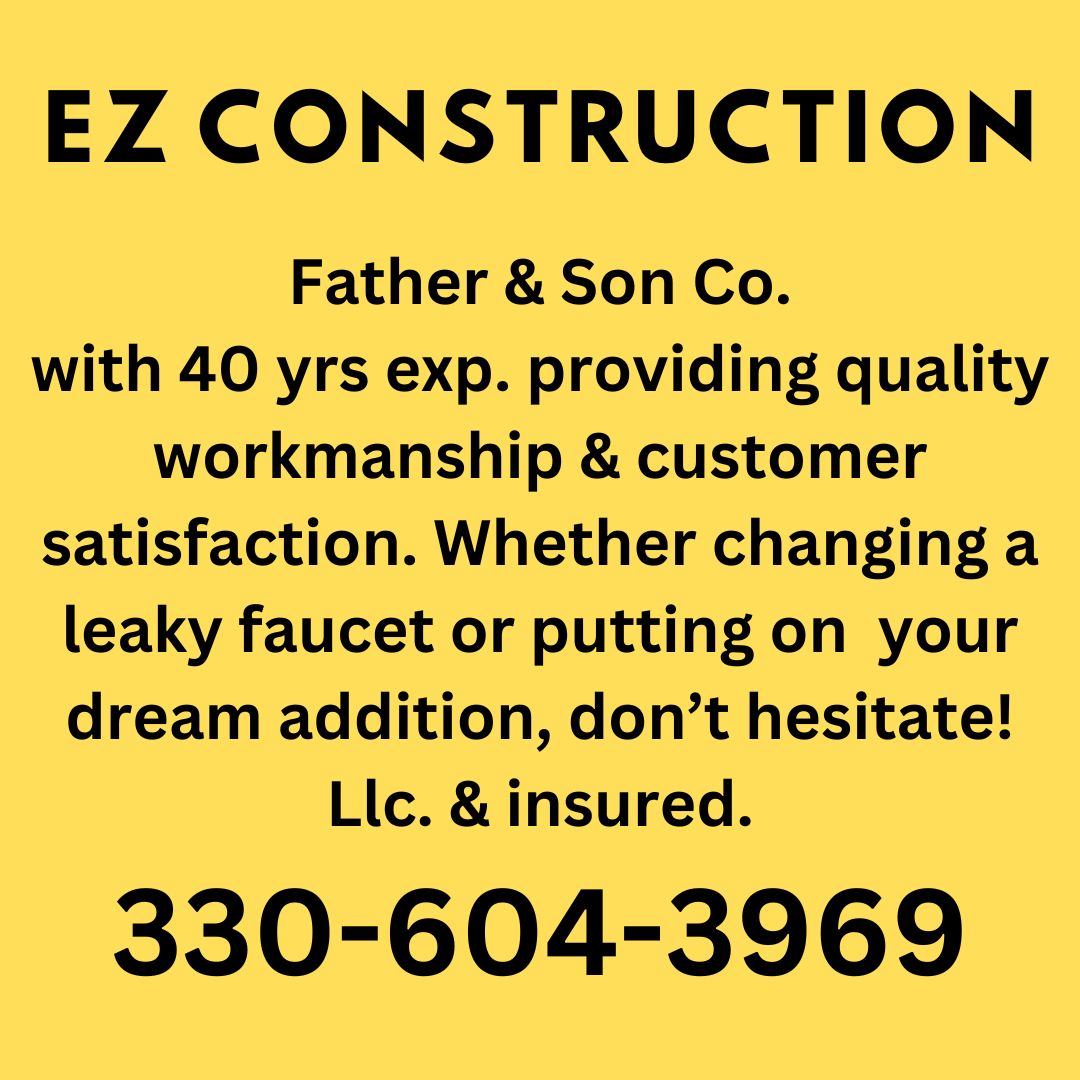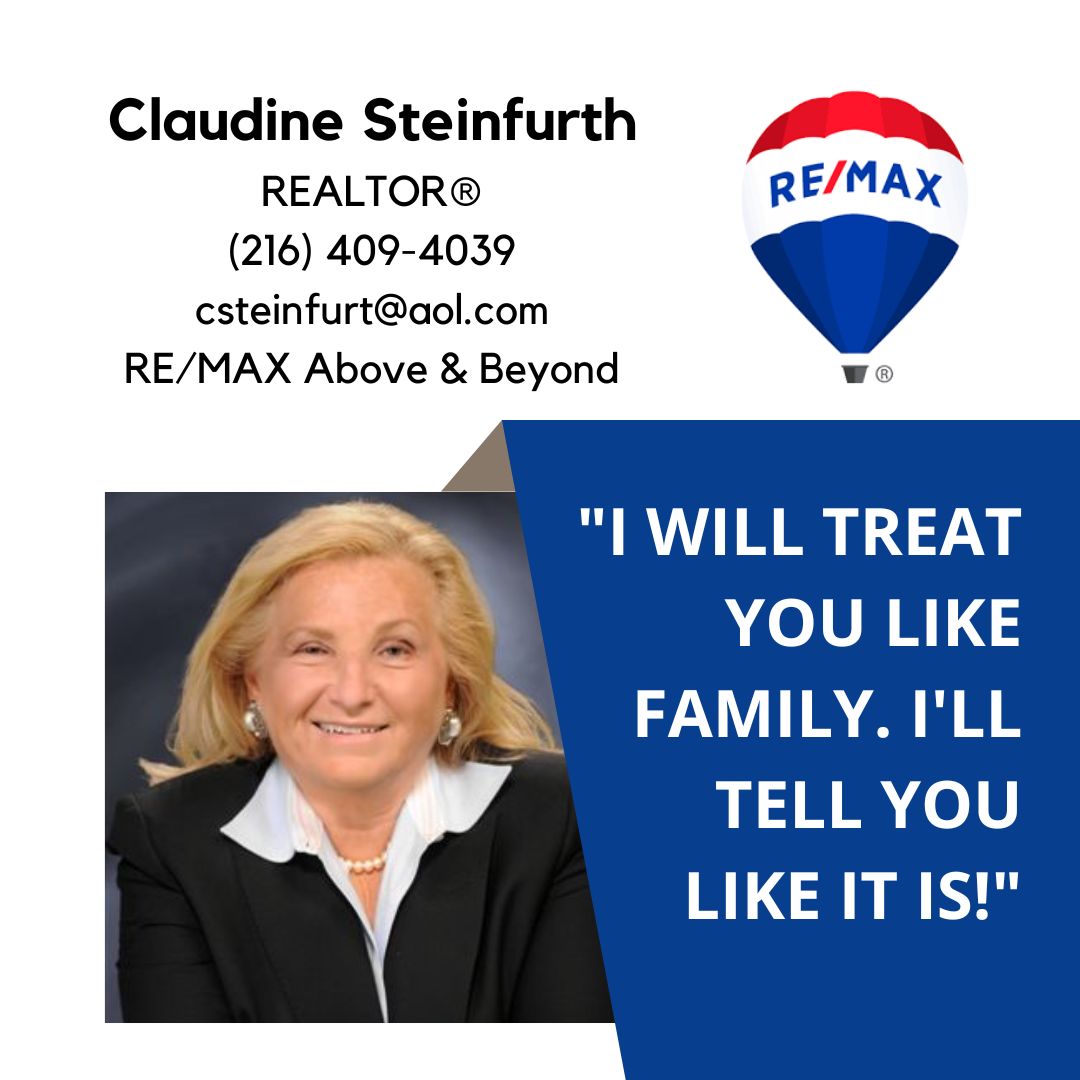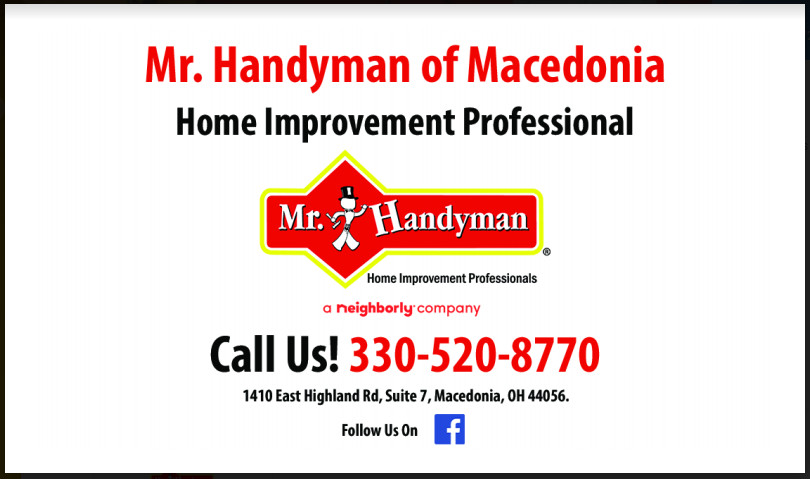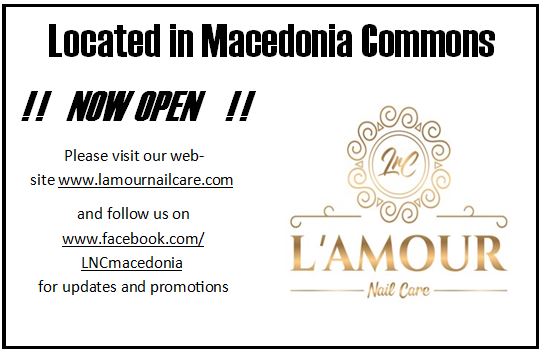Strapped for cash? You might be able to liquify some of your home equity to cover expenses by using a home equity conversion mortgage, which is essentially a reverse mortgage backed by the Federal Housing Administration. The organization is federally insured by HUD; the agency guarantees the lender will be repaid.
These products, which have been gaining traction over the past five years, peaked in popularity in 2009. They work best for seniors who need more income and credit and intend to remain in their homes for the rest of their lives.
Playing by the rules
There are two main requirements for holding an HECM: You must be at least 62, and the principal must be repaid if you move out, sell or pass away. In addition, you must own the property or have a substantial mortgage with at least 50% equity, and you must continue to occupy it as your primary residence, not as an investment or a vacation home. You will also need to engage in an informational session with a HUD-approved reverse mortgage counselor.
You may not be allowed to borrow against the entire value of your property. Some limitations depend on the age of the youngest borrower or non-borrowing spouse, the level of current market interest rates and HECM limits ($1,089,300 in 2023). Generally, older homeowners with higher-valued properties will fare better.
Compare a reverse instrument to a traditional mortgage; for the former, the debt component increases over time, adding to the balance. At the same time, remember that you will still need to make payments on your property taxes and homeowners insurance, and pay for general maintenance and upkeep. As the IRS considers the proceeds a loan repayment rather than income, interest charges are not tax deductible before the loan is paid off.
Proceeds are payable either as a single lump sum or in variable options, typically a monthly disbursement or a line of credit. You may spend them however you like, for either urgent or more discretionary spending. You might need to cover an unexpected job loss or health issues, pay off an existing mortgage, or simply choose to spend on travel, entertainment or home improvements. Wealthier retirees sometimes elect to diversify their portfolios with the added income stream.
Attractive features
An HECM offers some compelling advantages if your circumstances fit:
- You can plan on staying in your “forever” home, where you are settled, and can perhaps renovate it, allowing you to age in place.
- You can enjoy a reliable cash flow in order to provide more comfortable senior years.
- You need not make monthly payments on the loan balance.
- Your spouse can usually remain in the home even if you die or move to another accommodation.
- You can pay off debt balances, such as medical bills.
- You can use the proceeds to pay off existing mortgages and thereby prevent foreclosures.
- You can avoid paying withdrawal penalties on other retirement accounts.
- You can fund a grandchild’s education or any other meaningful purpose.
- Integrated protections limit your heirs’ responsibilities.
But is it right for you?
There are several significant drawbacks, so seniors must take extra care with such an important decision:
- Fees tend to be high, including upfront financed origination charges of about 2% and around .5% for annual review of mortgage insurance premiums.
- You could compromise your benefits from needs-based programs, such as Medicaid.
- You could inadvertently default by failing to meet loan requirements, including by living outside the home most of the year, neglecting property taxes or home insurance, or not making maintenance repairs. An unresolved default might lead to eviction and foreclosure.
Alternative loans may be more appropriate. For example, those under age 62 could use home equity loans (HELOCs). More expensive properties may require a jumbo reverse mortgage, with higher interest rates but no mortgage insurance. By contrast, single-purpose reverse mortgages are cheapest and can be used for specified expenses such as taxes or repairs.
Your financial advisor can help you compare different types of reverse mortgages, payment options and other considerations.
Claudine Steinfurth
REALTOR®
(216) 409-4039
csteinfurt@aol.com
RE/MAX Above & Beyond
7570 Chippewa Road
Brecksville, OH 44141







